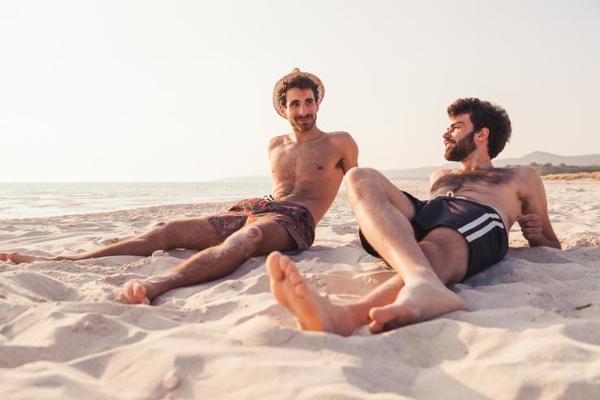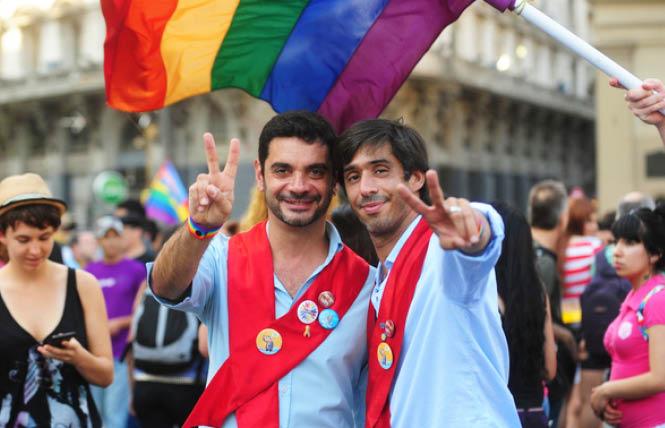
With the May 26 decision to legalize same-sex marriages, some tourism industry professionals and news outlets took it upon themselves to share homophobic sentiments publicly and on local social media platforms.
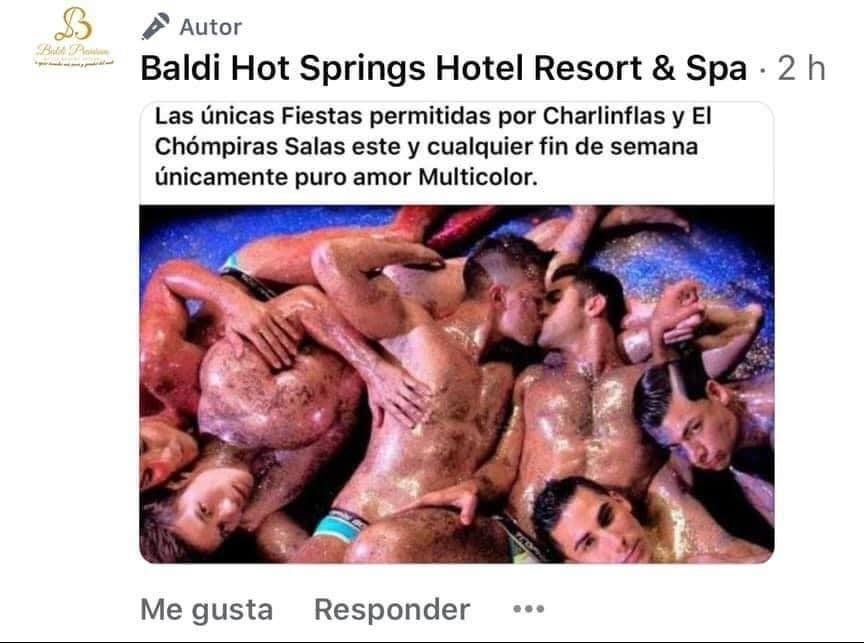
Baldi Hot Springs Resort and Spa
On June 20, Baldi Hot Springs Resort and Spa posted an explicit photograph of a gay orgy-style scenario, adding in print (in Spanish), “The only parties allowed by Charlie-Bozo and the Burglar Salas this and any weekend are only pure love, multicolored.” (Implying President Carlos Alvarado and Minister of Health Daniel Salas).
The image and post were then featured on sites such as Contra la Homofobia en Costa Rica where members expressed their outrage at the discriminatory profiling and insulting language targeting the LGBT and “colored” communities.
“They discriminate by sexual orientation by posting homophobic images, not caring that Costa Rica is an inclusive country,” said one TripAdvisor review by Josue M. following the event.
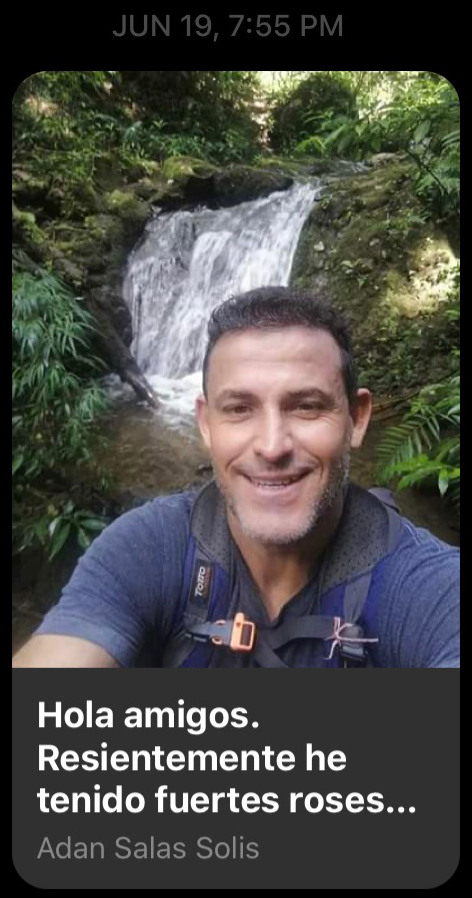
Another review from a patron, Bryan M., who allegedly visited Baldi in December 2019, six months before the Supreme Court ruling in favor of same-sex marriages, stated, “If you are gay or have gay children or friends you are not welcome, the author and owner consider homosexuals to be sick and does so publicly. A serious company does not make these ridiculous accusations, by God, with so many options available why engage in these antics. The worst thing is that the gay community lgtbuwxyz … have actually increased their revenue. No more!!”
Adan Salas Solis, Tour Guide
Similarly, on June 9, part-time naturalist tour guide Adan Salas Solis posted on the Facebook site, tours senderos del poas (Poas trail tours). “I want to make it clear that this is a hobby that I want to share with lovers of God’s creation, not with the type of people who do not respect the word of God. I prefer a thousand times not to serve as a guide for people who practice or support that depravity. I trust that yes, instead, God will provide me with people fearful of his divine Law.”
The public declaration that he would not offer professional services as a guide to homosexuals or supporters of homosexuality based on his religious convictions received over 2.7 K views with 451 shares and sparked over 1.5 K comments from vehement adversaries and supporters alike.
…we urge the Commission to reject the prioritization of freedom of religion as a cloak to permit violations of the human rights of women, girls, and lesbian, gay, bisexual and transgender (LGBT) people.
HUMAN RIGHTS WATCH TO THE U.S. STATE DEPARTMENT’S COMMISSION ON UNALIENABLE RIGHTS.
In response to the influx of negative review submissions, TripAdvisor temporarily suspended publishing new reviews on Baldi Resort.
These events represent flagrant discrimination deserving of the tourist industry’s and the public’s attention and scrutiny.
What if this type of hate speech was racially oriented rather than directed at the LGBT community? Racists and homophobes should remember that public slandering, be it racially or sexually oriented, is not welcome on social media platforms and causes only harm to the country, and in this case, the tourism industry.
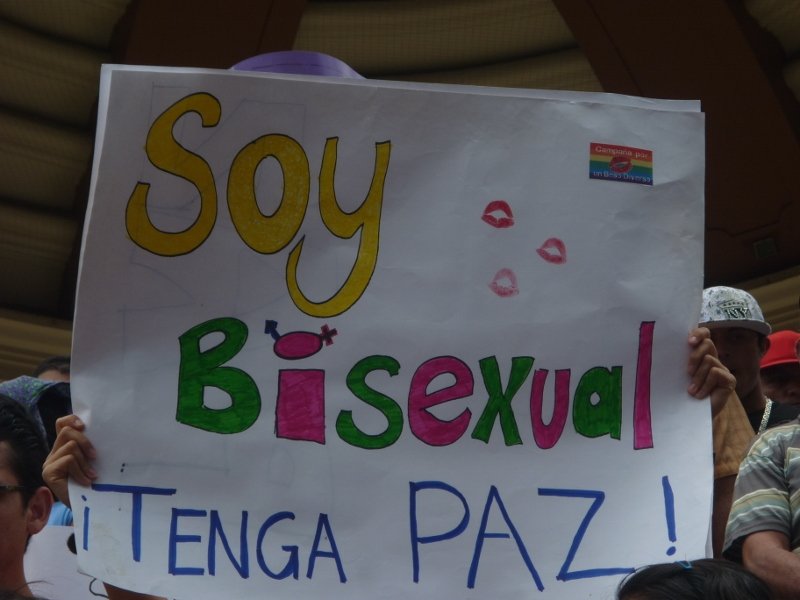
Especially now, while racial discrimination is at the forefront of international politics. The Black Lives Matter revolution is shaking the pillars of traditional governance and exposing systemic discrimination at its core. And like the LGBT movement, it requires the correction of existing legislation and the creation of new policies to remodel the system from the bottom up.
Response from ICT
When consulted, Luis Jara, Public Relations Executive of the Costa Rica Tourism Board (ICT), replied that the ICT supports the country’s defense of human rights and encourages businesses to promote respect and non-discrimination; however, imposing sanctions on companies or providers that discriminate or engage in public slandering and hate speech is not part of their jurisdiction.
He implied that the ICT’s tourists services department, which is tasked with ensuring foreign and national tourists are satisfied and informed during their stay, does not apply to acts of prejudice. “…there are other government bodies responsible for protecting discriminated populations,” he argues.
These governing bodies, however, manage national affairs above all and are not resources that are made available to tourists that suffer discrimination or exclusion based on their sexual orientation.
The question remains then, what support system or legal recourse do tourists in Costa Rica have if they are victims of discrimination?
Keep religion out of it
On May 1, 2020, Human Rights Watch—as representative of a 167-member coalition of human rights organizations, scholars, defenders, and activists—published a call to action titled, Groups Express Grave Concern about the Commission on Unalienable Rights. The report cites the core principals dictated in the Charter of the United Nations, the Universal Declaration of Human Rights, and other global treaties:
“…the freedom of thought, conscience, and religion does not protect religiously motivated discrimination against women, or racial and religious minorities. Thus, in order to protect and uphold the basic rights of all people, states may impose some limitations on acts manifesting religion or belief in order to protect the infringement of other people’s rights. Marginalized groups, including women, young people, and LGBT individuals, are particularly at risk.”
Why the legalization of same-sex marriages set Costa Rica apart as a champion for human rights

In 1948, President José Figueres came up with a strategy for a permanent peace by abolishing the army and ensuring the democratic principle of an empowered majority coupled with strong courts and electoral processes. In 1949, his strategy to merge law with inclusion and liberal rights was furthermore embedded in the country’s Constitution.
“The Figueres model transformed Costa Rica into one of the most prosperous democracies in Latin America today. It has now made Costa Rica a gay rights champion,” Says New York Times’ Javier Corrales.
What happened in Costa Rica is the type of civil rights victory one should expect when a country adopts a model of governance merging social inclusion with liberal institutions and rejects populism in favor of the rule of law.
NEW YORK TIMES
Across the board, Costa Ricans are generally proud of their nation’s human rights achievements, the abolition of the army, and focused attention on education and health. Some people, however, need to be reminded that it is this same constitution that also upholds universal human rights. And in this case, it is the Inter-American Court of Human Rights guaranteeing the equal rights of LGBT individuals and same-sex couples.
“The Court’s starting point is the right to equality—a norm that the Court considers as ius cogens, ”states the Inter-American Court of Human Rights’ Advisory Opinion on Gender Identity and Same-Sex Marriage. Ius cogens meaning the fundamental principle of international law.
Why Costa Rica needs the LGBT community
On June 28, Costa Rica’s Diario Extra newspaper published the accusatory article, “Government runs for the LGBT and not for the poor” claiming that President Alvarado’s move to legalize same-sex marriages and appoint an LGBTQ commissioner in the middle of the Coronavirus pandemic shows the government’s skewed priorities.
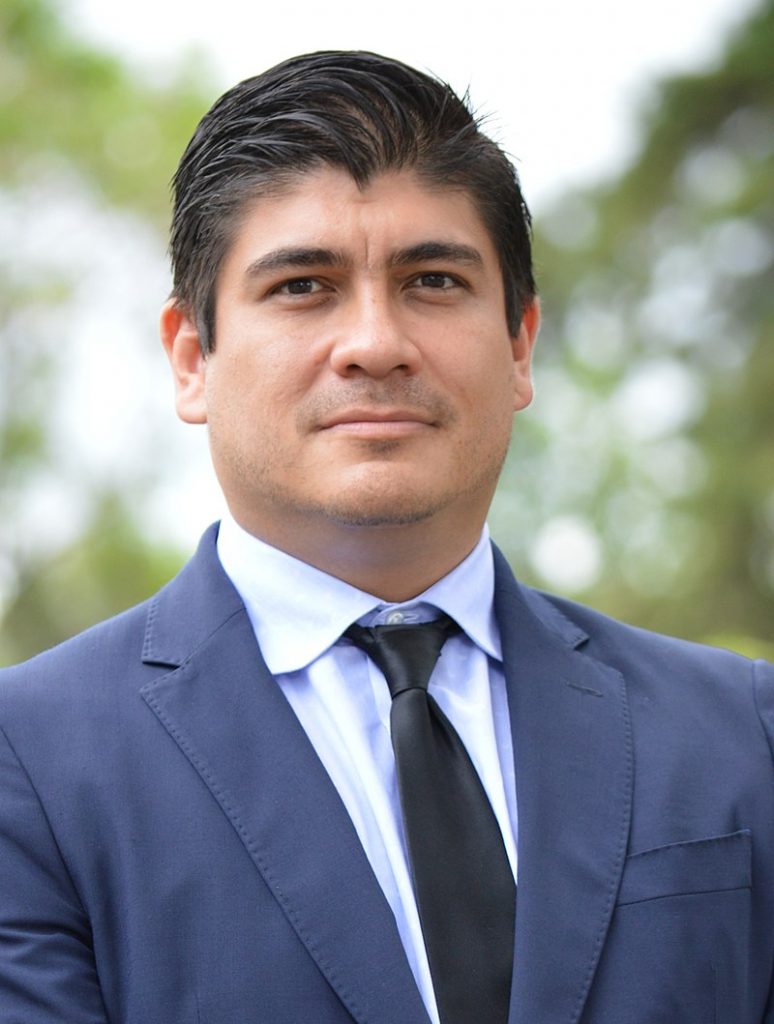
“In times of crisis, it is essential to differentiate between what is urgent and what is important. I imagine that for the Alvarado administration, it is just as urgent to appoint a commissioner for LGBTQ affairs as it is to propose a plan for economic recovery and reduction of unemployment,” said critic, Deputy Dragos Donalescu Valenciano of the Christian Social Republican Party.
However, looking towards the country’s safety net for economic recovery post-COVID, a.k.a tourism, it is important to really look at what the LGBT community has to offer.
In 2019, Costa Rica welcomed 3.1 million foreign visitors, according to the Costa Rican Tourism Board. Those tourists remained in the country for an average of 12.6 days and spent an average of $1,400.
In Puerto Vallarta, Mexico, LGBT travelers accounted for approximately 34% of the 5.1 million tourists in 2019 – over half the number all tourists to visit the entire country of Costa Rica the same year. A boost like this to Costa Rica’s tourism sector may be just what the doctor ordered in terms of recovery.
Financial Benefits of LGBT Travel
LGBT Capital, a member of the UK Galileo Capital Management Ltd., claims that LGBT tourism and travel for destination countries and economies can be very important in terms of direct financial benefit (pdf). As a population, the sector is widely accepted as having higher disposable income and consumption patterns and is shown to travel more frequently and for longer periods.
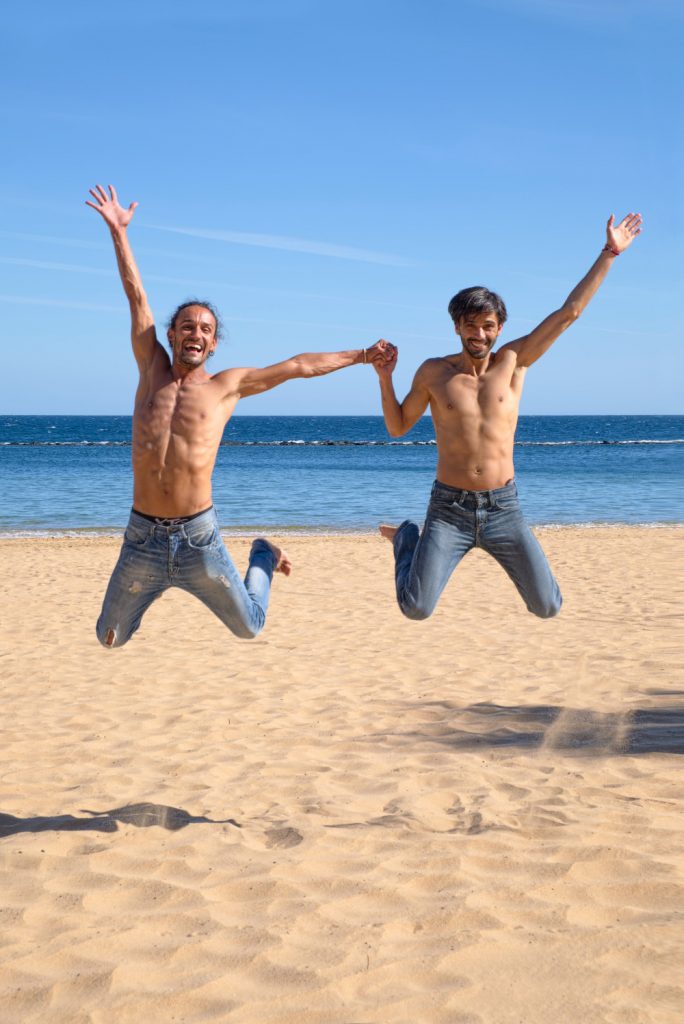
Destination marriage tourism, already a rewarding market for the Costa Rican economy, has a lot to gain from same-sex legislation as well. According to Trekksoft, “same-sex marriage is great news for tourism.”
“We’re definitely going to see more destinations and businesses standing up to support LGBTQ tourism in 2018 and beyond – particularly in places that haven’t traditionally been associated with the market,” says John Tanzella, The International Gay & Lesbian Travel Association President and CEO.
An estimate of the economic impact of same-sex marriage in the state of California calculated that around 50,000 couples in the state would eventually spend nearly USD 400 million over the first three years of legalization, yielding USD 31 million in local tax revenue.
At a time when every Colon counts, what will numbers like these mean for this country as it rebuilds the economy?
As members of the tourism industry and citizens, residents, or visitors to Costa Rica, we need to stand up to the slanderers, racists, and homophobes wishing to bring the country down with narrow-minded and venomous abuses of the freedom of speech and religion and celebrate the country’s diversity and leadership. And now, more than ever, is the time to do it.
We have a collective responsibility to stand against discrimination, fight stereotypes and become vehicles for social change. I therefore call upon each of you to embrace the benefits associated with LGBT tourism and become ambassadors for mutual understanding and respect of universal human rights. Together, we can work towards shaping a more respectful, inclusive, and tolerant future in tourism.
TALEB RIFAI, UNWTO SECRETARY-GENERAL SECOND GLOBAL REPORT.
Want to learn more more about LGBT tourism in Costa Rica? The Cámara de Comercio Diversa is a good place to start: https://www.ccdcr.org/






